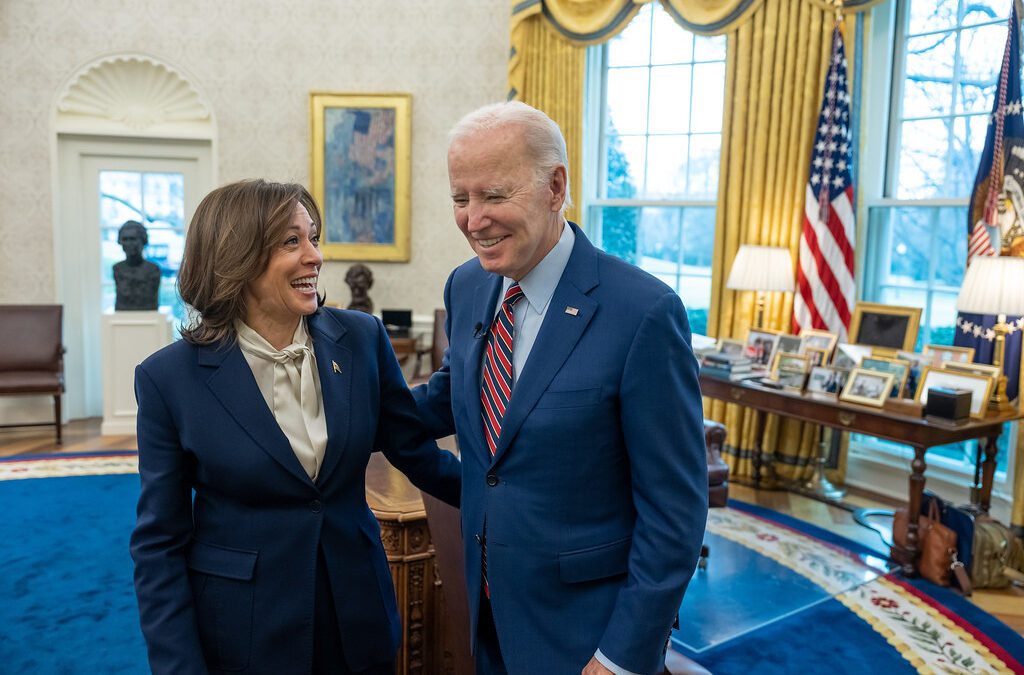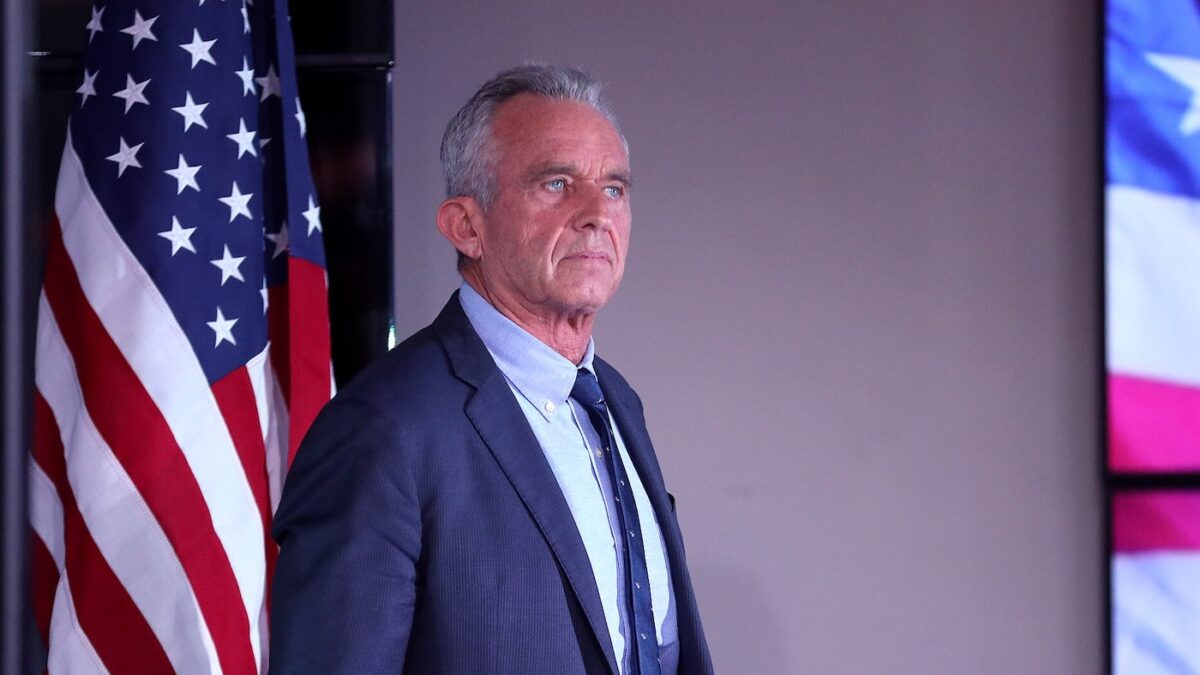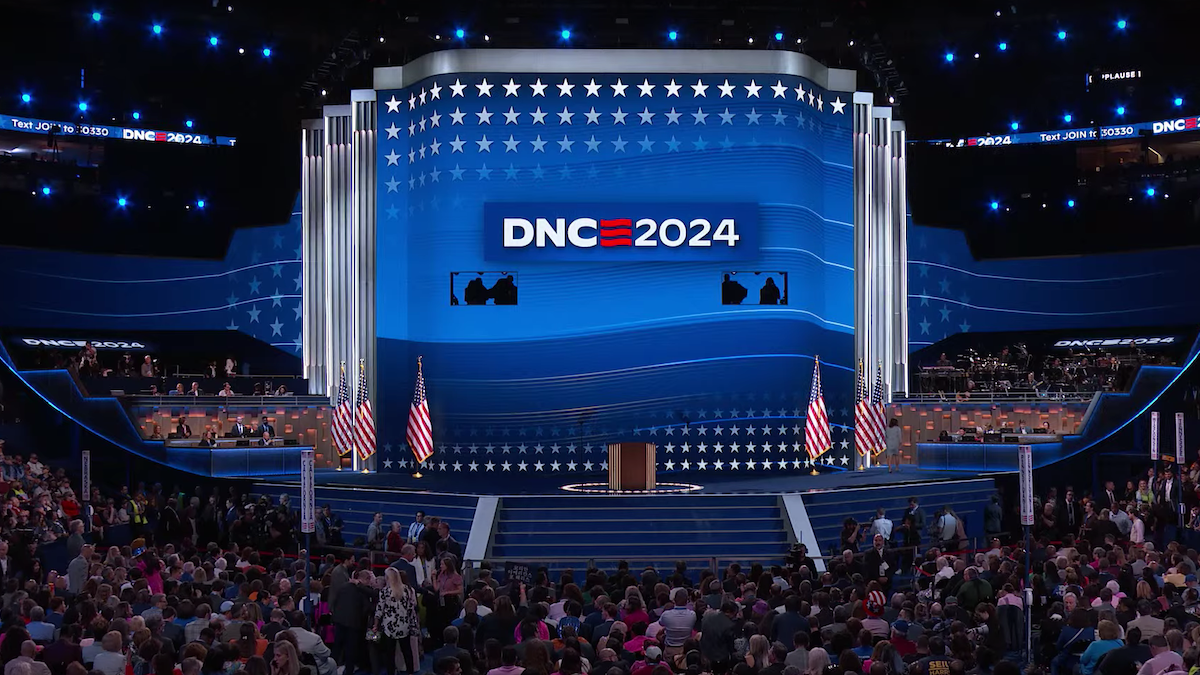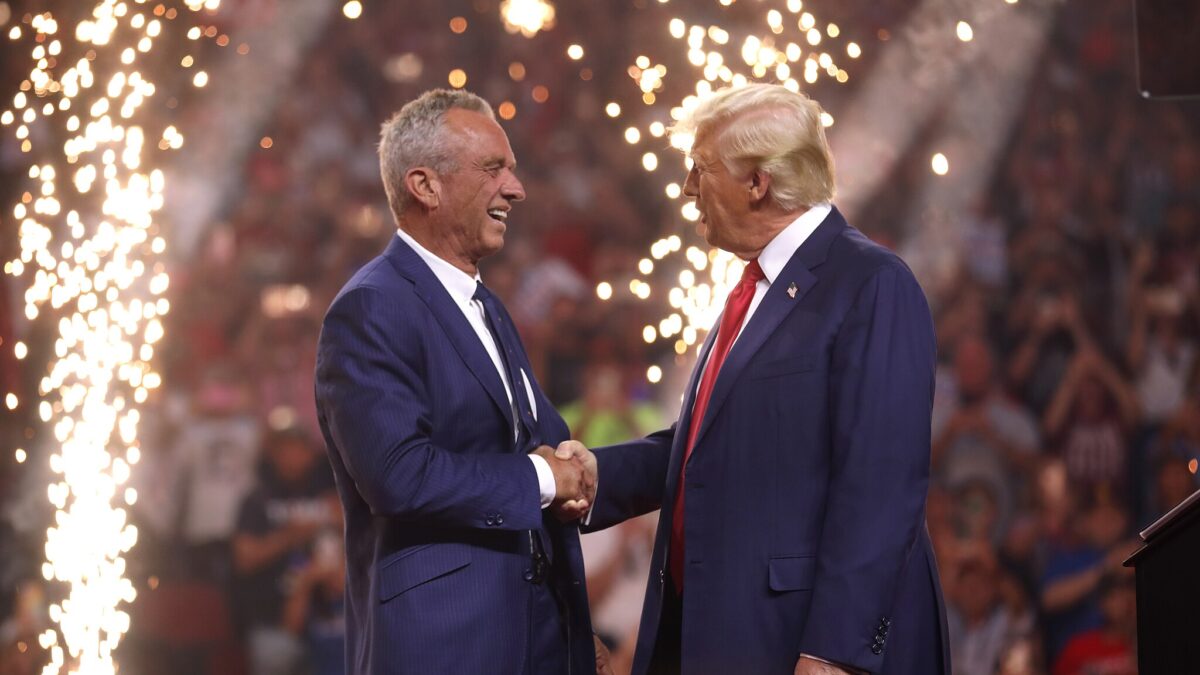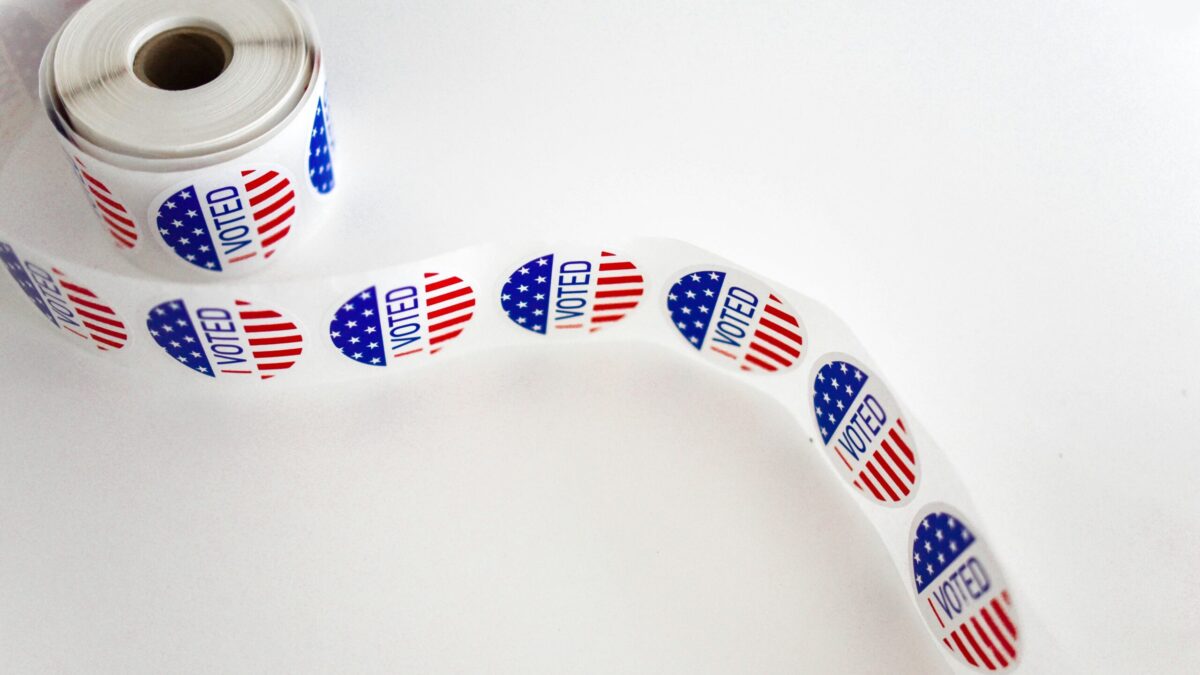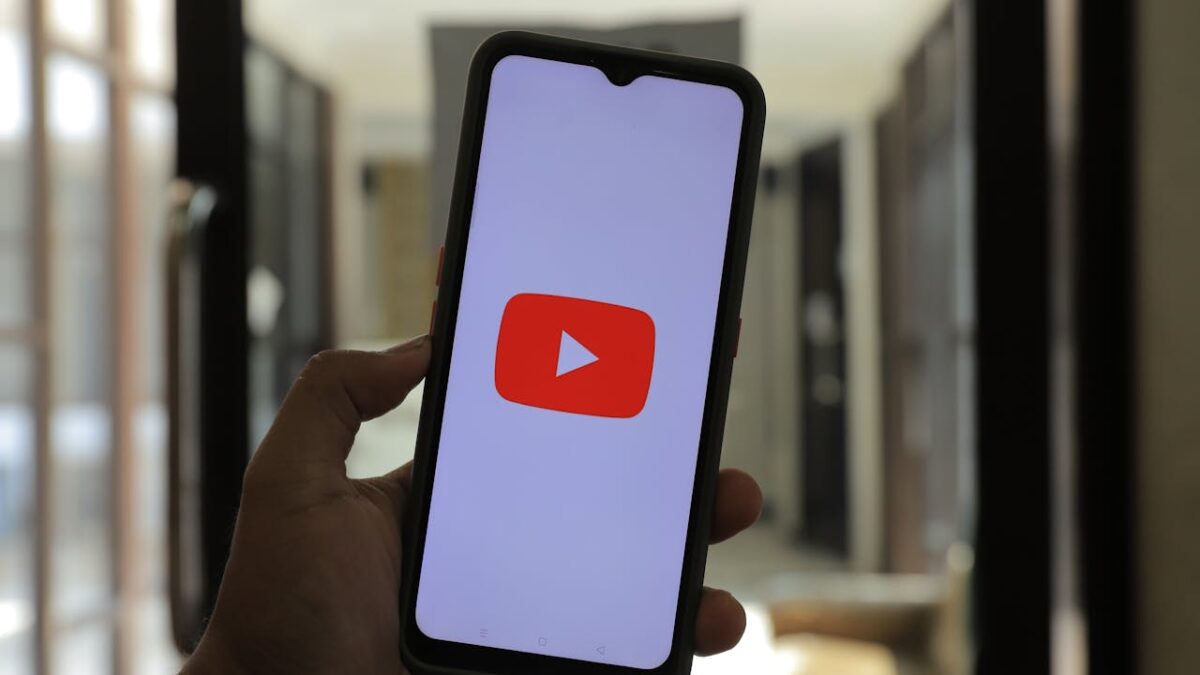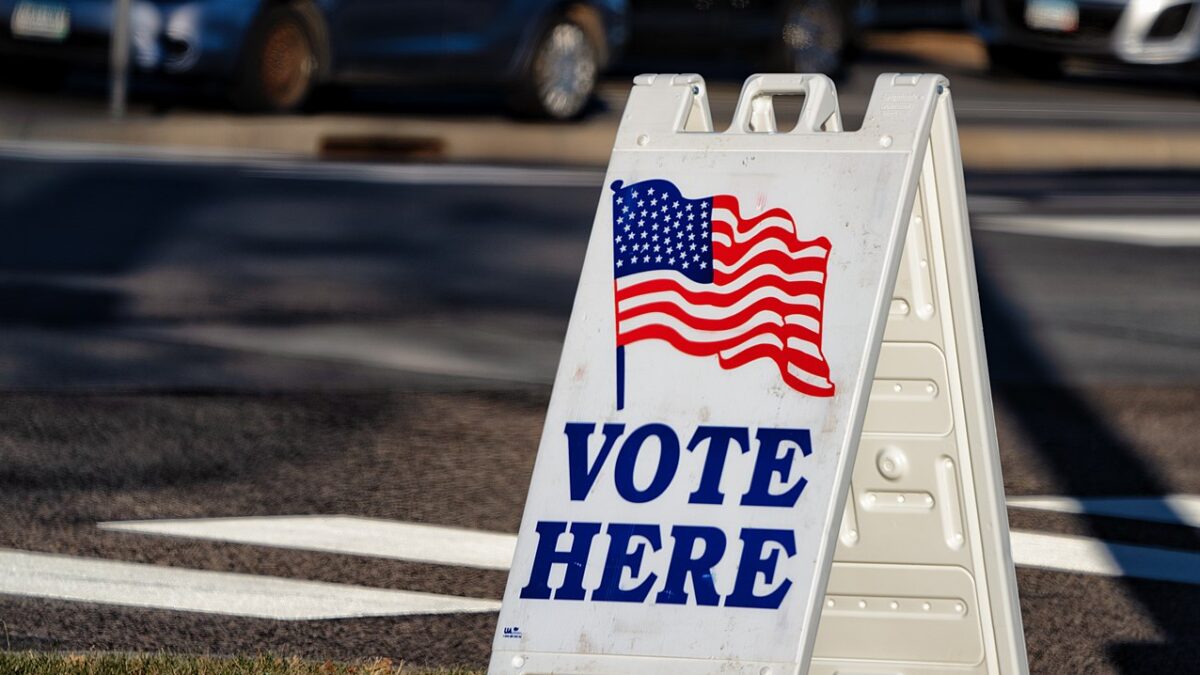President Biden’s recent address to the nation did little to explain his extraordinary decision to drop out of the 2024 presidential race. While he believes his record merited a second term, he claimed passing the torch to the next generation would unite the country.
But that obviously doesn’t explain his decision since, if that were the reason, he would have dropped out before the primaries. The real clue was in his claim to need to “unite my party.”
It has been widely reported that power brokers in the party pressured Biden to get out. But the American people deserve answers. How and why did they pressure Biden to drop?
Media reports describe party elites as “urging” or “intensely pressuring” Biden to bow out, and “urgently redirecting” the nomination, by arguing that polling was bad. But, Biden told George Stephanopoulos he didn’t believe the polling.
Apparently, more congressmen planned to go public calling on him to step down if he didn’t drop. But almost up to the moment of the fateful post on X, key Biden allies on Capitol Hill were defending him. And he could always threaten to take the whole ship down with him if members refused to fall in line.
The mystery remains. Was something else promised or threatened? One credible possibility, according to The New York Post, was that “party bigwigs threatened to invoke the 25th Amendment to the US Constitution.” Was a threat to expose his physical and mental inability to execute the office the straw that broke Biden’s back?
The question journalists and congressmen should be asking on repeat is an updated version of Sen. Howard Baker’s question during the Watergate investigation: “What did the vice president know and when did she know it?”
If there was a threat, for it to have been a credible threat, Harris and a majority of the cabinet almost certainly would have to be complicit. Such a hypothetical threat would have been either unjustified or justified. In either case, if the vice president (and any cabinet members) were complicit in such a threat, it would be an impeachable offense.
While we have had assassinations, deaths, and a resignation, no president has ever been succeeded indefinitely due to inability. Some clearly should have been, as in the case of Woodrow Wilson’s incapacitating stroke, and others arguably so, as in the case of Franklin Delano Roosevelt’s hypertensive encephalopathy.
Those cases happened before the ratification of the 25th Amendment in 1967. This amendment added a new power to the office of the vice president: to judge a sitting president’s ability to execute his office and, in conjunction with the cabinet, declare his inability to Congress.
The Constitution does not outline the considerations a vice president ought to take into account when exercising her power to judge a president’s ability. But, at a bare minimum, it cannot be wielded with a corrupt motive. For example, if a vice president threatened to invoke the 25th, unless the president refused the nomination of his party and endorsed the vice president’s candidacy, that would be a textbook case of quid pro quo, a corrupt abuse of the power of the vice presidency for personal political gain.
An unjustified threat would obviously be corrupt and an impeachable abuse of the vice president’s office. If a vice president so threatened with justification (e.g., objective evidence of the president’s inability), it would be both corrupt and a gross dereliction of the vice president’s duty to declare to Congress that the president is unable to execute the duties of his office, an impeachable act of omission.
The press seems radically uncurious. Congress should avail itself of its investigatory powers to see whether any impeachable offenses were committed.
If that sounds extraordinary, consider that no sitting president, primary winner, and presumptive nominee of a major political party has ever withdrawn from a presidential race before. Nor has a president insisted he would not leave a race unless the Lord Almighty himself descended and commanded him to do so — and then left, apparently sans visitation, but possibly only after the vice president threatened to use the powers of her office to oust him. That is extraordinary. Call this Kamalagate.
Americans, particularly the millions of Democratic primarygoers whose votes were nullified in a smoke-filled backroom, deserve answers. What did the Democratic Party’s presumptive nominee know and when? It’s time to investigate Kamalagate.
